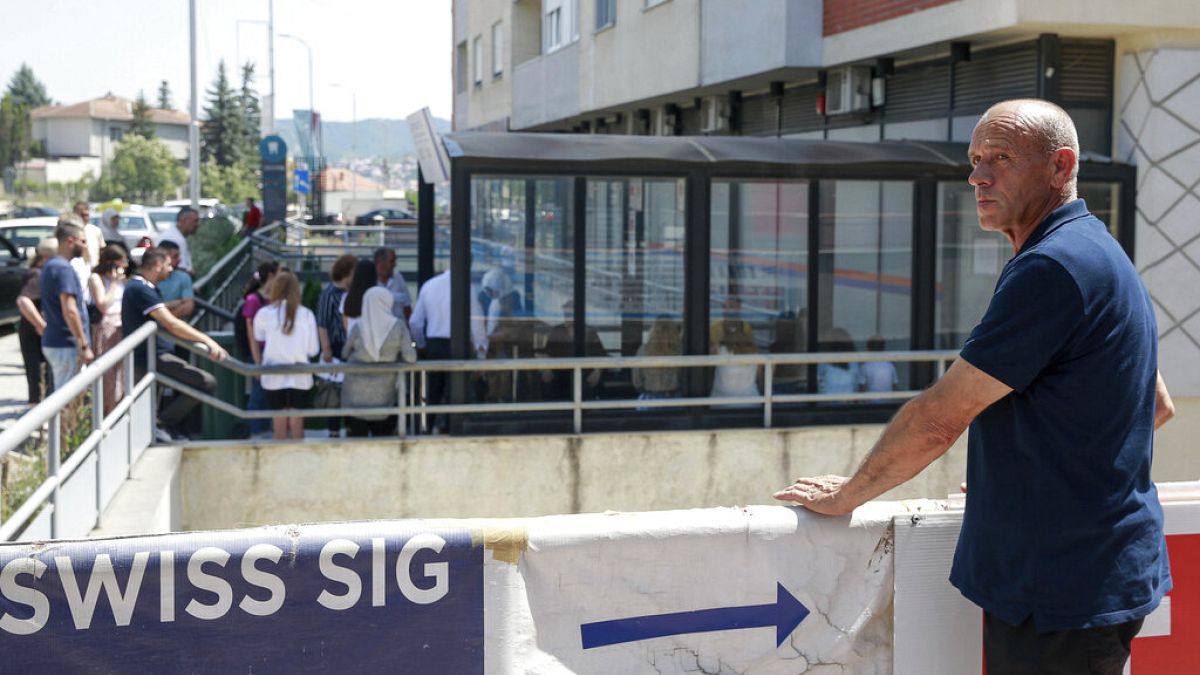The Western Balkan nation was the last in the region to access free travel within the European Union.
Kosovars are celebrating this week after visas for Europe’s open-border Schengen zone were waived for the first time in the small nation’s history.
Previously, Kosovo was the only country in the Western Balkan region whose citizens still needed visas to travel to countries within the European Union.
Alongside hundreds of Kosovars who boarded flights from the Pristina airport for visa-free trips, were a group of 50 people who had won a state lottery – paid for by the government – making journeys to celebrate the change many people say has taken too long.
Kosovo’s Prime Minister Albin Kurti hailed the new visa-free systems, telling the press: “We have been waiting for too long, this has been a long injustice but finally we made it.”
The Schengen area allows some 400 million people to travel freely between member countries in the EU, without the need to go through border controls.
Tough requirements from a number of EU member states as well as domestic disputes have delayed the process for Kosovo for many years.
Back in 2018, the EU said all requirements were fulfilled for Kosovo to get rid of visa travel, but both France and the Netherlands made objections over the decision, fearing a new wave of migration.
Kosovo has been a free nation since declaring independence from Serbia in 2008 – but it has yet to become a UN member state due to objections from Serbia – as well as Russia and China.
Kosovo’s statehood is recognised by more than 110 countries – but, until this week, the 1.8 million citizens could travel to fewer than 20 states without visas.
Kosovo is well known as one of the poorest countries in Europe. Many see the new visa waiver as an opportunity to try to get a job elsewhere on the continent.
However, the government has asked people not to misuse Schengen rules. They state that people are allowed to stay for 90 days out of 180 days as tourists in the zone – but not undertake any paid work.

